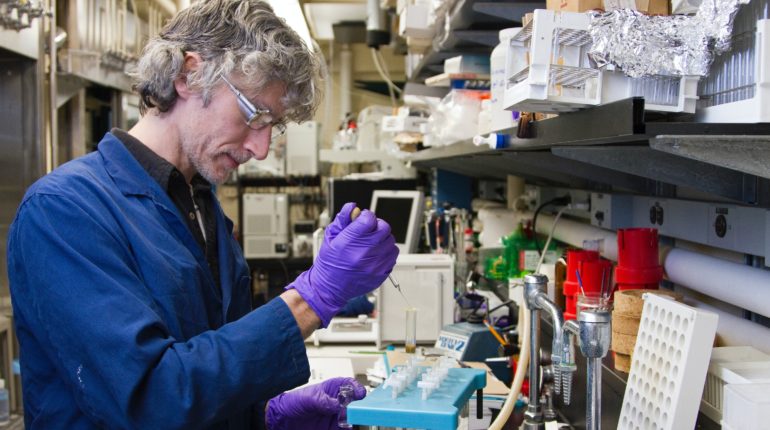The fight for rights
We’re familiar and unobjecting to the idea that human beings have individual rights, and most are quick to agree that animals do too, especially when it comes to our pets.
Controversially, views on animal rights become murky when considering farming industries, hunting practices, and the use of their pelts or furs in fashion.
Oddly enough though, in the eyes of corporate law, even major companies and businesses have legal rights. So as it stands, conglomerates are better protected than the natural world we depend on to survive. Oh, the joys of capitalism, eh?
Looking at it that way, it’s clear we haven’t got it quite right. In fact, suggesting that nature – like rivers, trees, lakes, and the wild animals in and around them – deserve to be better protected doesn’t seem so farfetched.
Still, enforcing environmental protection by law is a modern practice, only picking up traction in Britain in the 1970s. Expanding these types of legislation will require major campaigning.

Expanding eco-rights laws
There are currently some 1,600 species protected by The Endangered Species Act, and in many cases, populations of these listed animals and plants have already seen significant growth.
We have evidence that laws work to protect life on Earth, but in a major oversight, most natural wonders such as forests, rivers, and lakes have continued to be treated as areas of free reign.
In areas rich in biodiversity, the chopping or burning of trees (in the Amazon), dumping of toxic chemicals (in river waters near commercial factories) and untreated sewage runoff into oceans (most recently – and perhaps shockingly – in the UK) continues unpunished.
Environmentalists say that new legal frameworks will be vital not only changing how we interact with our surrounding environments, but also further influence how we engage with natural discoveries through the use of biotechnology.
Biotechnology is the type of science that would allow us to wipe out certain species simply because they hurt humans (ie. Malaria carrying mosquitos) or enable us to reintroduce extinct species back into the modern world.
If you’re thinking of the woolly mammoth or along the lines of the Jurassic Park plot, you’ve got the right idea. But carrying out these actions poses a number of major ethical questions.

Should humans play God?
As we have learned through our role in fast-tracking the climate crisis, everything is connected in nature, and messing with its current balance would almost certainly create a ripple effect for existing life.
Eliminating this species or that one would no doubt cause major ramifications for the wild food chain. Reintroducing an organism that died off millions of years ago would also disrupt the current state of natural affairs.
Experts in biotechnology admit that any attempts to calculate the fallout of reintroducing or eliminating species would fall short of the actual, real-life consequences once they materialise. ‘We are simply not wise enough,’ they say.
This is where protection laws for animals, trees, rivers and all unprotected life would come in, to serve as a ‘framework for accountability’ for those working in the field of biotechnology.

How eco-laws look worldwide
In places such as Ecuador and Bolivia, rights for the natural world have already been put in place. Enforced by socialist governments and shaped majorly by century-old Indigenous beliefs, these laws received little pushback when created.
On a more global level, ecocide – acts that threaten the long-term wellbeing of ecosystems, such as industrial overfishing, oil spills, pollution, etc – could become a prosecutable offence at the International Criminal Court, if campaigners are successful.
The great news is that ten nations already consider ecocide as serious crime. However, most campaigners in favour of expanding environmental laws expect to be met with resistance from people living in the West.
Humans have asserted their domination over the Earth using knowledge, reason, and technology for centuries. It won’t be easy to change the minds of everyone.
But in the words of Dr Wendy Schultz, a futurist and co-author for the Law Society, ‘If that worldview can be enshrined in law, essentially granting personhood rights to the spirit of the river, the spirit of the trees or the spirit of the elephant, you’re talking about enshrining an [age-old way of thinking] into 21st-century legal frameworks.’
Legal protections for the environment has worked before and continues to do so today, it’s hard to argue with the motion to expand them at this very crucial moment.
























